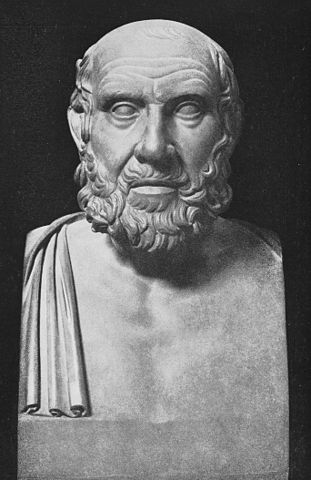Holistic medicine is a form of healing that considers the whole person in the management and prevention of disease. An holistic health practitioner will look beyond symptoms and will also consider the impact of lifestyle, spiritual, nutritional, emotional, environmental, and physical aspects of life. Significant effort is expended on establishing a clear understanding of the factors that may contribute to a person’s disease state. Illness is not isolated from the patient but rather a manifestation of dysfunction within the whole person.
It is underpinned by the concept that there is a link between our physical health and our overall well-being. Holistic medicine aims to achieve optimal health by finding true balance in life.
The roots of Holistic Medicine go back centuries. The father of Medicine, Hippocrates, focused medical practice on the natural approach and treatment of diseases, highlighting the importance of understanding the patient’s health, and the need for harmony between the individual, social and natural environment, as reflected in the Hippocratic Oath

Wellcome Library, London.
Wellcome Images
Holistic medicine looks at the physical body and its symptoms as just one thread of a beautiful and complex network. Other threads are emotional, social, psychological, environmental, and more. Thus, to treat a person as a “whole”, all these need to be taken into consideration.
Holistic medicine considers a broader set of treatments to be used together. Some of these approaches may include the use of complementary medicine but equally it does not dismiss the importance of a scientific approach and allopathic medicine.
Nutrition, movement, acupuncture and meditation are just a few other treatments that may be used together with conventional medicine as part of an holistic approach. Holistic medicine acts as a bridge between allopathic medicine and alternative health care, taking a systemic, scientific and individualised approach to disease and prevention.
Complimentary medicine treatments are not as evidence-based, or as well researched as conventional treatments, largely because they are non-patentable. Some treatment approaches are based on the theories underpinning naturopathy and holistic medicine and are outside the standard biomedical model. Working in an holistic way means that there may not always be specific clinical trial evidence for your particular illness, diagnostic test or treatment that is suggested. Both the holistic and the conventional options will be explained to you .”